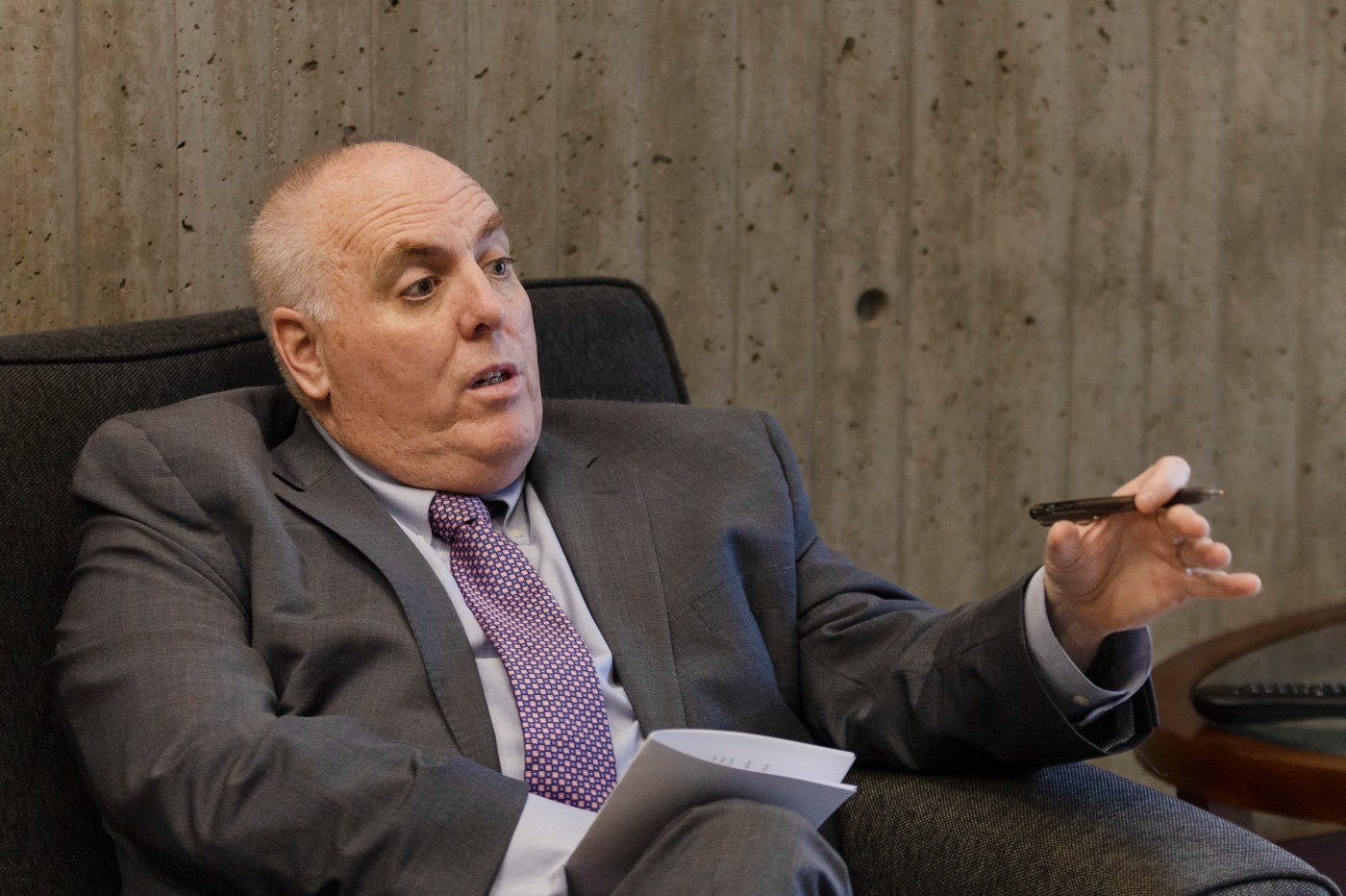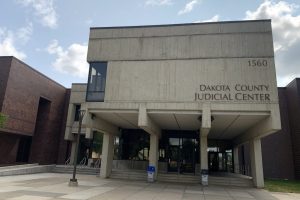
Boston City Council ‘not serious about public safety’: outgoing president Flynn says
Outgoing City Council President Ed Flynn said the vote to block $13.3 million in federal counter-terrorism funding for the metro region showed the council was “not serious about public safety,” an attitude he hopes will shift with four new members.
Flynn, who had been pushing last week for an emergency meeting to reconsider the funding should the mayor fail to refile the federal grant by the end of the year, has since backed off of that last-ditch effort in 2023.
“I wasn’t able to mobilize my colleagues together to assemble for a meeting,” Flynn told the Herald. “There wasn’t any support for it. So, I’m committed to working with the mayor in January to get this passed.”
Flynn, whose two-year term as the body’s president ends this month, is now seeking a new vote on the matter by the end of January, after four new councilors are sworn into office. Mayor Michelle Wu, through a spokesperson, has already stated her intention to refile the grant in the new year, after the council turns over.
Three of the incoming councilors, Enrique Pepén, Henry Santana and Benjamin Weber, are progressives who were endorsed by the mayor for the fall election. The fourth new councilor, John FitzGerald, is seen as more of a conservative Democrat.
Another Wu-backed progressive candidate, Sharon Durkan, who first won her seat in a July special election, was among the six councilors who voted in favor of the $13.3 million U.S. Department of Homeland Security grant earlier this month.
“I’m confident, although not positive, I’m confident we’re able to pass it sometime in January,” Flynn said. “I think the new councilors coming in understand the importance of public safety and security, and how important this grant is to Boston and the surrounding cities and towns.”
The Council’s 6-6 vote to block the federal funding set off a firestorm this month, criticism that led state Sen. Nick Collins to file a bill that would strip the body of its authority to approve future public safety grants.
The grant was earmarked for the mayor’s Office of Emergency Management, but would have been distributed to the Metro Boston Homeland Security Region, which includes Boston, Brookline, Cambridge, Chelsea, Everett, Quincy, Revere, Somerville and Winthrop.
Related Articles
Boston to have ‘strong’ police presence at New Year’s Eve First Night celebration
MA firefighter unions push Boston City Council to accept $13M counter-terrorism grant
Boston Mayor Michelle Wu’s home ‘swatted’ on Christmas Day
O’Bryant School move: BPS still open to compromises, Michelle Wu warns district must ‘move urgently’
Massachusetts attorney general rejects complaints over Boston mayor’s ‘electeds of color’ party
Seven votes are needed to release the funds, for training and operational needs to “help prevent, respond to and recover from acts of terrorism, including chemical, biological, radiological, nuclear and explosive incidents,” according to a communication from the mayor, who put the grant forward for Council approval.
Flynn, who favors the Collins bill, said his colleagues “failed” its fiduciary responsibility, in terms of accepting the grant funds on behalf of the eight other cities in the metro Boston region. “Half of that money,” he said, would have gone toward supporting counter-terrorism efforts in those neighboring communities.
“When we vote against a grant that came from a Democratic president to a Democratic governor to the city of Boston to deal with biological-, chemical- and nuclear-related issues — when we voted against that, that showed to me that we are not serious about public safety in Boston and across Greater Boston as well,” Flynn said.
“And that hurt the city and made us less safe, in my opinion,” he added.
The Council’s vote to reject the funding was not only slammed by Flynn and outgoing Councilor Michael Flaherty, but drew criticism from the head of the Greater Boston Chamber of Commerce, the Boston and statewide firefighters unions, along with other groups.
Two councilors who voted against the grant, Ruthzee Louijeune, who is predicted to become the next council president, and Liz Breadon, both cited a desire for further community conversations and public information.
Breadon previously told the Herald that she wanted more clarity on how the grant would be used to respond to natural disasters, but generally supports the counter-terrorism piece, having voted for the funding in prior years.
The grant was discussed at a lengthy committee hearing two days before the Dec. 13 vote, and when asked, Flynn said he does not think another committee hearing is needed.
“However, if it’s necessary for my colleagues to have a hearing, I support that,” Flynn said. “But I want to see an immediate vote on it. And I’d like to see this vote take place sometime before the end of January.”


